The Indian Council of Medical Research (ICMR) has warned that cases of overheating in chipped and scratched teflon-coated non-stick pans can give off irritating or poisonous fumes and lead to a health hazard. It has recommended the use of mud pots read more
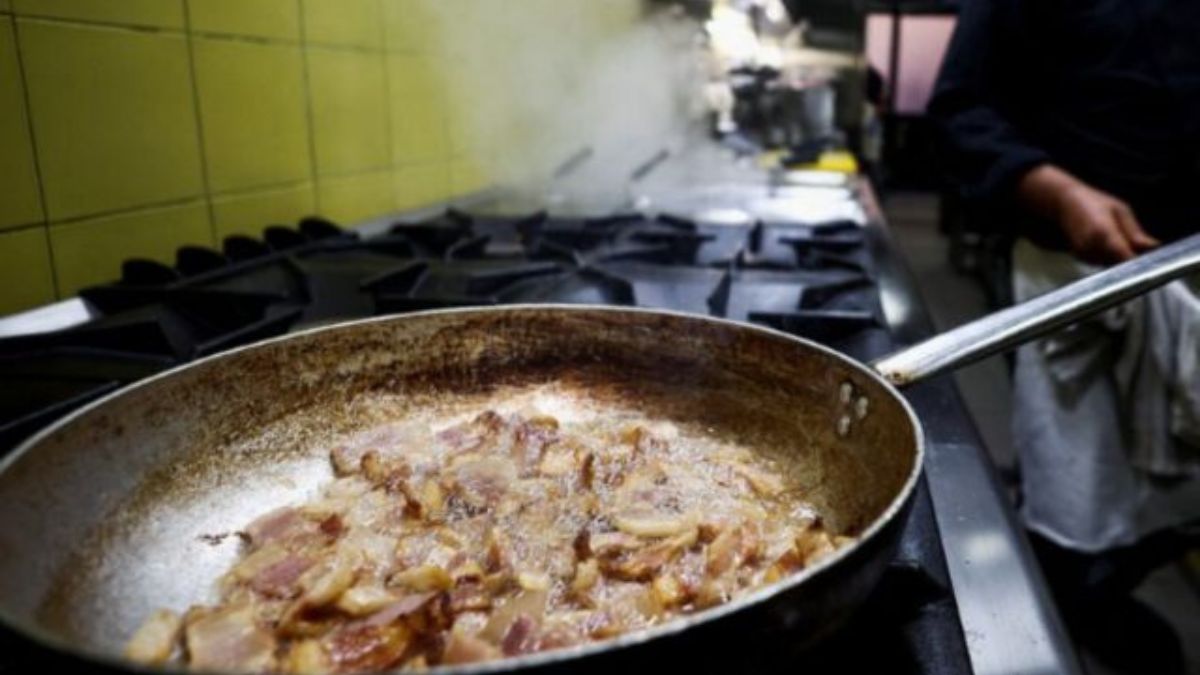)
ICMR has warned against cooking in worn out non-sticks utensils. Representative image. Reuters
Is it time to bid farewell to decade-old pans and non-stick cookware from your kitchen? India’s top health body, the Indian Council of Medical Research (ICMR), has cautioned against its improper usage in the recently released “ Dietary Guidelines for Indians ”.
ICMR has instead asked people to use eco-friendly cookware, such as earthen pots and coating-free granite stone utensils. Emerging research has raised serious concerns about the potential health risks associated with non-stick utensils such as hormonal imbalances and cancer.
Hyderabad-based National Institute of Nutrition (NIN), which functions under ICMR, pointed out dangers related to these kitchen staples, which have long been used for their convenience and ease of cleaning, keeping in mind the new scientific findings and changing food habits of Indians in its report.
Let’s look closer at the chemical conundrum linked with non-stick pans and how you can stay safe.
What makes non-stick vessels dangerous?
Cooking with non-sticks is not something new for Indian households. Over the years, the market has grown significantly because of changing lifestyles and the rise in disposable income.
Polytetrafluoroethylene (PTFE), commonly known as Teflon, is a synthetic chemical comprising carbon and fluorine atoms. It was first created in the 1930s and provides a nonreactive, nonstick, and almost frictionless surface to utensils. While it is convenient to cook and clean and uses little oil, the safety of nonstick cookware has come under the scanner over the past decade.
Previously concerns were raised about the potential release of perfluorooctanoic acid (PFOA) during manufacturing. The chemical, which has thankfully been phased out from the cookware industry in 2013, was linked to several health issues like certain cancers, thyroid issues, and birth defects, Edwina Raj, head of services. clinical nutrition and dietetics, Aster CMI Hospital, Bengaluru told The Indian Express.
So should we not use teflon cookware?
It is safe to use. But here’s a scratch or rather the catch. Teflon cookware, which has even small scratches or is chipped can release high amounts of toxic fumes and harmful chemicals into food when cooked at a high temperature of over 170 degrees Celsius, ICMR says.
“There’s a whole chemistry set of compounds that will come off when teflon is heated high enough to decompose…," Robert L Wolke, PhD, author of “What Einstein Told His Cook: Kitchen Science Explained” told Good Housekeeping.
These harmful fumes can irritate the lungs and potentially cause flu-like symptoms known as polymer fume fever, Raj further told _The Indian Express.
_
An Australian study published in the journal Science of The Total Environment in 2022 pointed out that just one surface crack on a Teflon-coated pan can release as many as 9,100
microplastic
particles.
“Nonstick pans that have been scratched or chipped…can leach millions of microplastics into our food,” the New York-based physician Dr Poonam Desai warned in an Instagram video. “Microplastics are endocrine disruptors. They can cause hormone imbalances, fertility issues, and even increase our risk of cancer.”
The ICMR has also advised against storing acidic and hot food items in aluminium and iron containers, making an exception for brass and copper vessels.
While non-stick pans offer convenience in cooking and cleaning, it’s becoming essential to switch to safer options that make your kitchen more sustainable.
What are the alternatives?
The medical body has given a thumbs up to mud pots, calling it one of the “safest” cookware. Not only does cooking in them require less oil, but they also largely retain the nutritional balance of food due to even heat distribution.
ICMR also gave a nod to granite stone utensils, on condition that they are free from chemical coatings of PFOA, perfluorooctane sulfonic acid (PFOS), and PTFE. Granite utensils are energy efficient as they retain heat even after their source is turned off. It recommended cooking in granite utensils on medium to high heat to prevent the non-stick coating from wearing off.
Food cooked in food-grade stainless steel is also a safe option as the utensils do not leach, are durable, easy to clean, and are a hygienic choice, as per ICMR. Ceramic cookware is also safe if they are cleaned and well-maintained.
How to safely use non-sticks?
As per Healthline, do not preheat and empty the non-stick pan, if preheat is needed use oil. Secondly, use wooden or silicon ladles to prevent the coating from wearing off, ventilate your kitchen as much as possible to get rid of fumes, prevent cooking on high heat, and avoid stacking non-sticks over others as it may lead to rubbing and scrapping of coatings.
Most importantly, know when to let go of your old utensils.
With input from agencies

 4 months ago
29
4 months ago
29

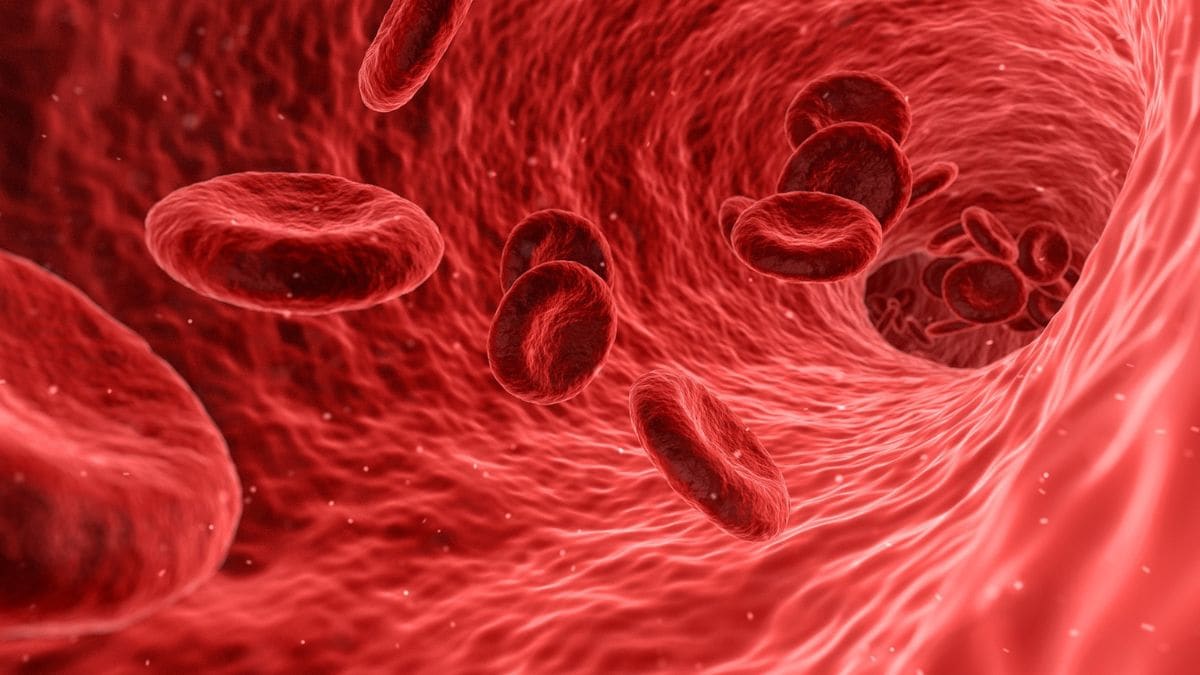

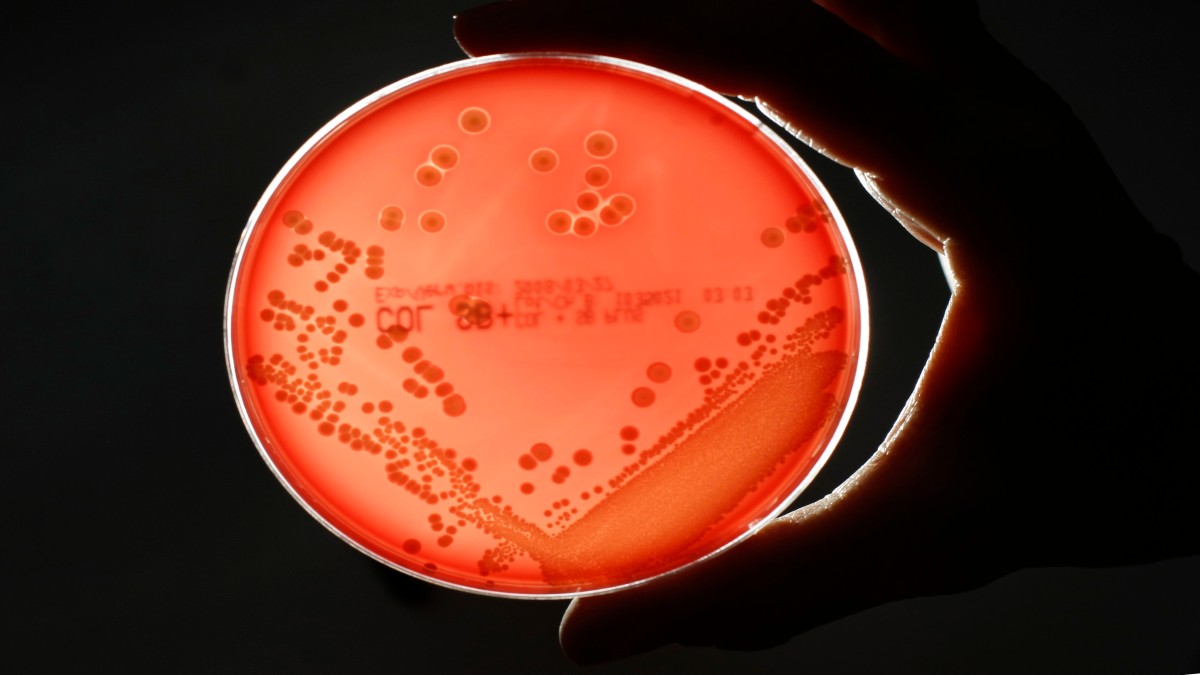



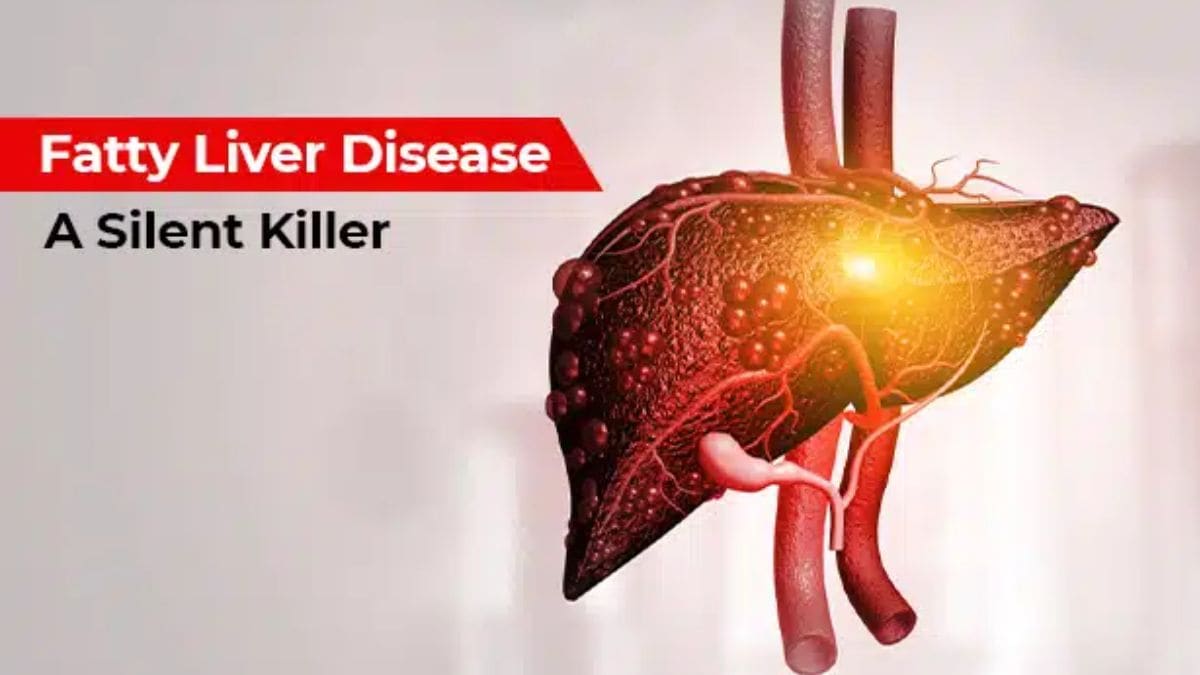
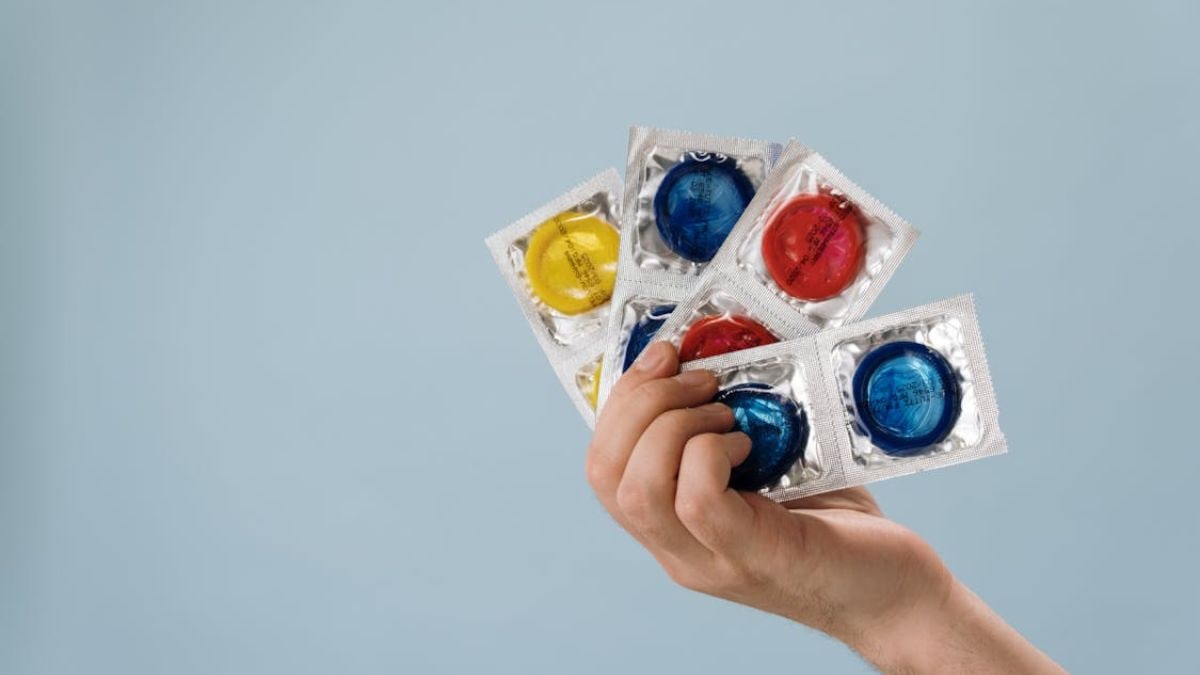
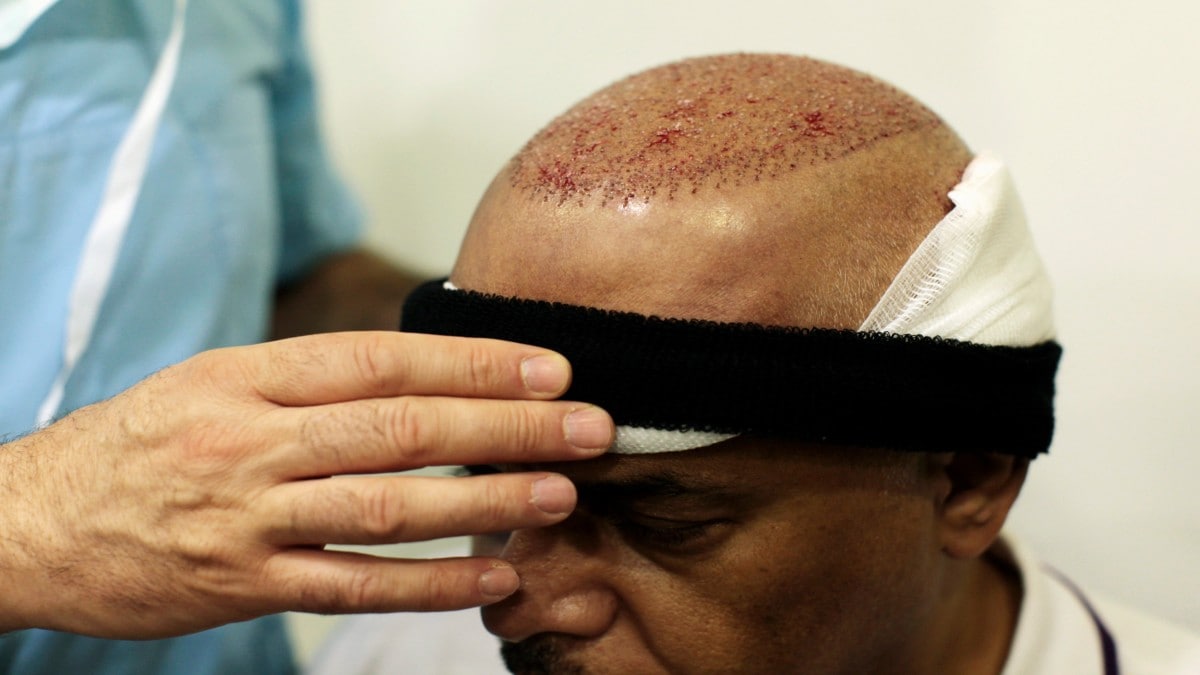

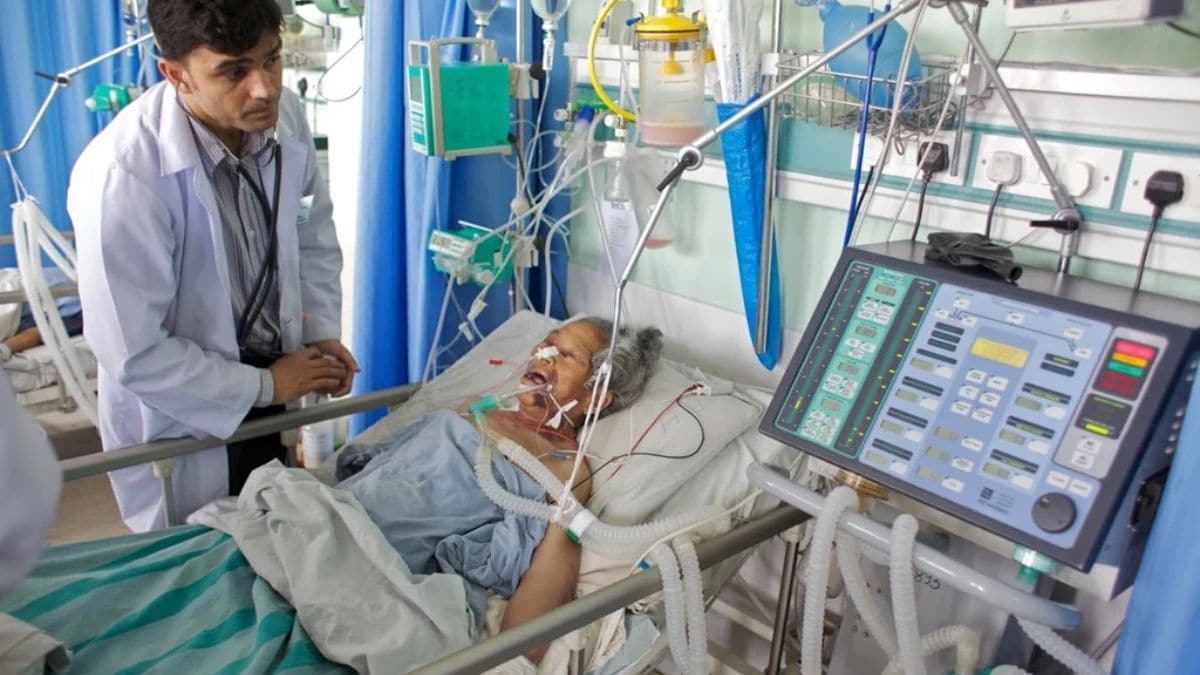




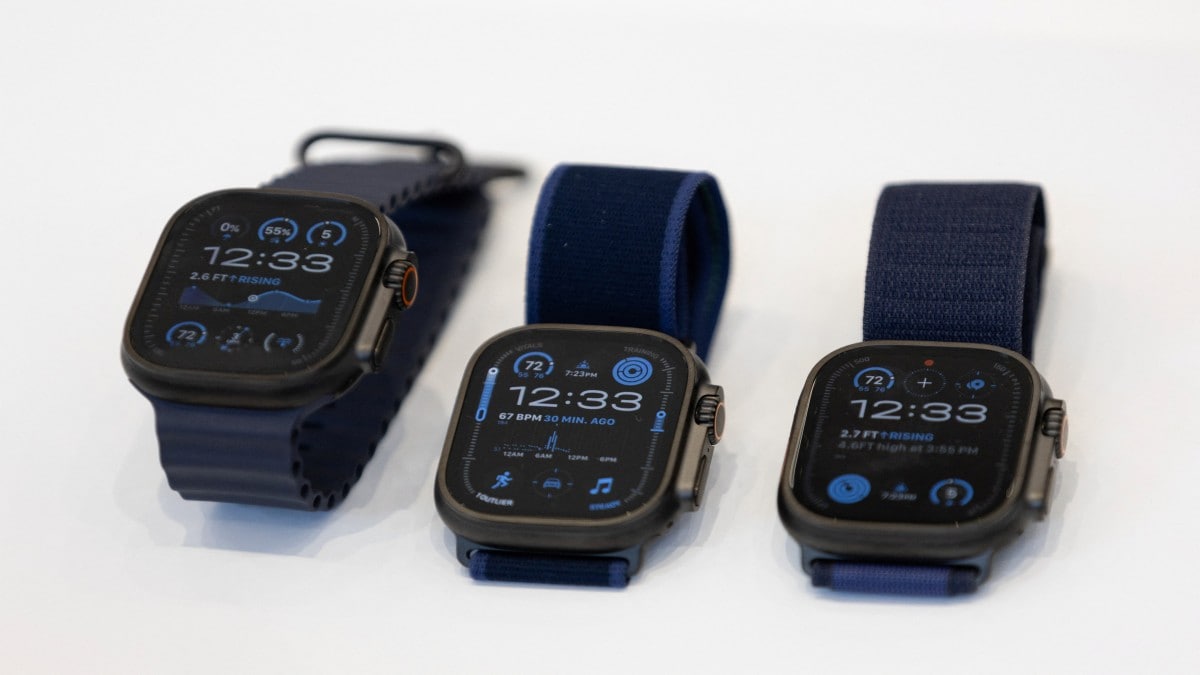

)
)
)
)
)
)
)
 English (US) ·
English (US) ·